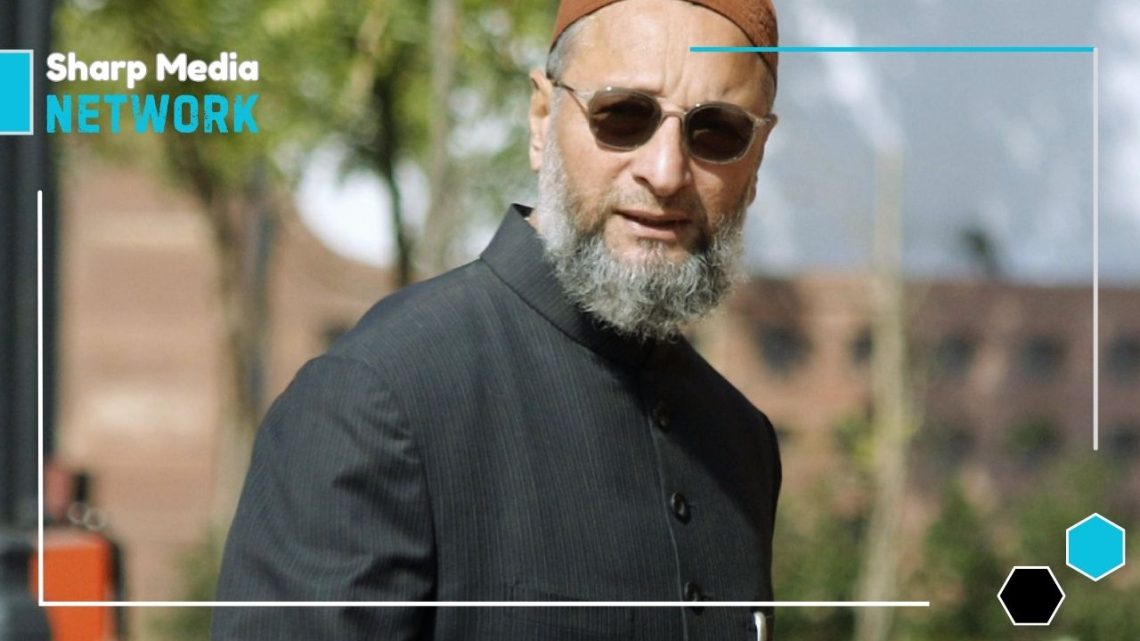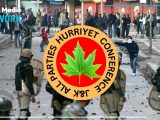
AIMIM President Asaduddin Owaisi Condemns Custodial Killing in IIOJK
February 8, 2025Hyderabad: All India Majlis-e-Ittehadul Muslimeen (AIMIM) President Asaduddin Owaisi has strongly denounced the alleged custodial killing of a civilian, Makhan Din, in Kathua district of Indian illegally occupied Jammu and Kashmir (IIOJK). The incident has sparked outrage, raising concerns over human rights violations in the region.
Owaisi expressed his dismay over the incident in a post on X (formerly Twitter). He stated, “In Jammu’s Kathua, a man was tortured by Indian police to such an extent that he died. Since IIOJK was made a Union Territory, it’s the responsibility of the Modi government to prevent such brazen abuse of power.” His remarks reflect the growing concerns over the conduct of law enforcement agencies in the region.
The AIMIM leader has demanded immediate action against the officers involved, including their suspension and legal proceedings under Article 311 of the Indian Constitution. He emphasized the need for accountability and justice, urging authorities to ensure that such incidents do not recur.
The incident reportedly occurred on Thursday when the Special Operations Group (SOG) of the Indian police arrested Makhan Din on allegations of supporting pro-freedom activists. However, reports suggest that he was detained without substantial evidence and subjected to severe torture while in custody, leading to his death in the Billawar area of Kathua.
This incident has reignited concerns over the treatment of detainees in IIOJK, where security forces have often been accused of excessive use of force and custodial abuse. Human rights organizations and activists have repeatedly called for independent investigations into such incidents, highlighting the need for transparency and adherence to legal procedures.
The custodial death of Makhan Din is expected to fuel further debate on the security situation in Jammu and Kashmir, particularly in light of the region’s status as a Union Territory since the revocation of Article 370 in 2019. Owaisi’s strong condemnation adds to the mounting political pressure on the government to address alleged human rights violations and ensure justice for the victim’s family.
As the demands for accountability grow louder, the coming days will be crucial in determining the response of the authorities. Whether legal action will be taken against the responsible officers remains to be seen, but the incident has once again drawn attention to the broader issues of law enforcement practices and human rights in the region.

